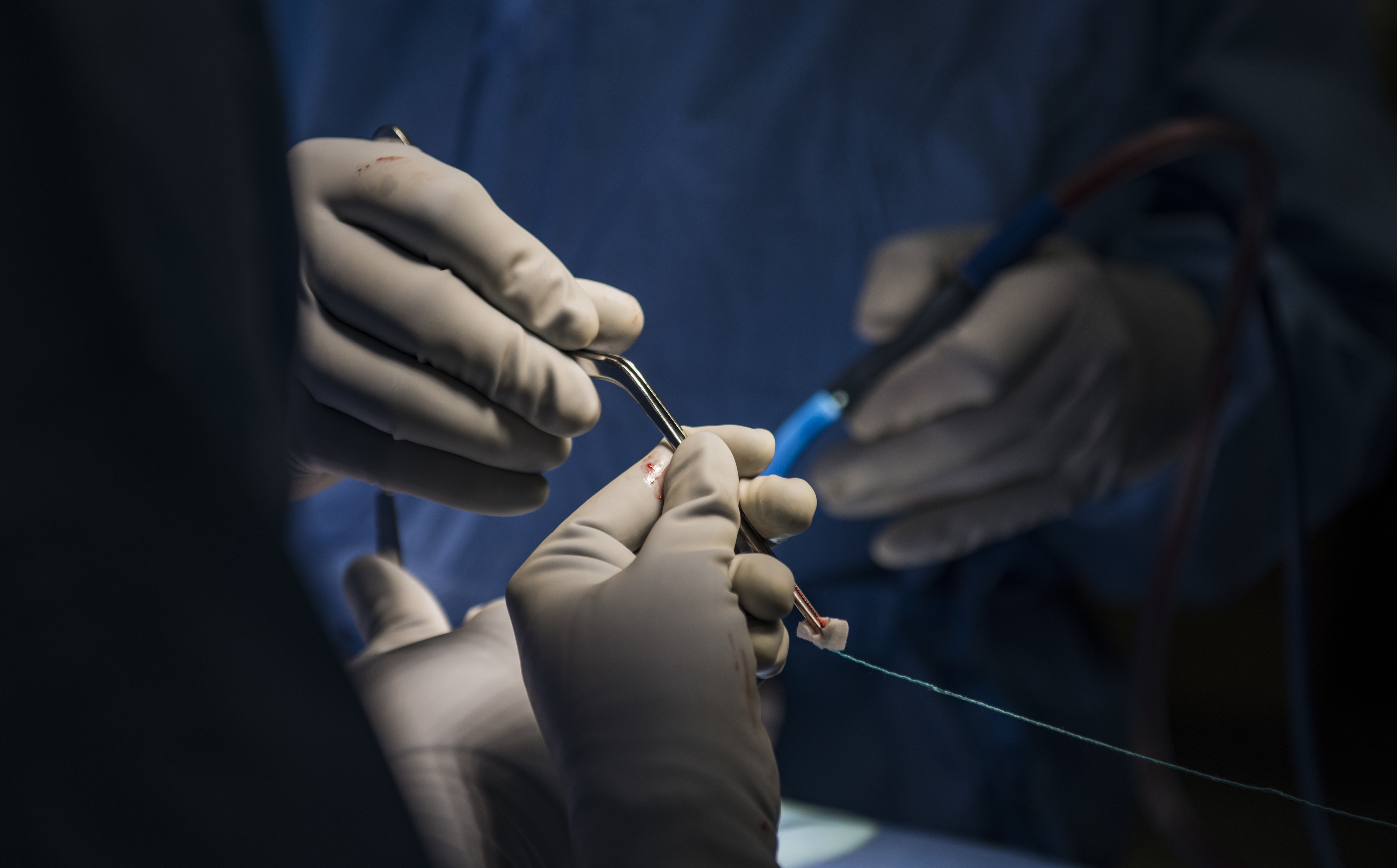Just the thought of surgery evokes physical and emotional responses such as feeling light headed, feeling weak in the legs or queasy in the stomach, among other things; these are all normal responses within each and every one of us whether you have experienced surgery or hospitalisation before or not. Fear of the unknown, separation from family, the risk factors and even the pain of medical procedures are all common concerns when facing surgery and are valid reasons to feel uncomfortable in some way.
A little about the history of hypnosis in surgery:
The use of hypnosis in surgery dates back to the early 1800’s, prior to any pre-chemical anesthetics which were discovered in 1846. Surgery was successfully carried out using hypnosis alone as the only form of anesthetic, with the patient being completely comfortable and pain free.
Ainslie Dixon Meares (3 March 1910 – 19 September 1986) was an Australian psychiatrist, scholar of hypnotism, psychotherapist, authority on stress and a prolific author who lived and practised in Melbourne.
Meares was internationally recognised expert in the medical uses of hypnotism and wrote a number of books describing his approach. His work may be divided into 3 periods: the hypnosis period, relief without drugs period and the stillness meditation period. These categories reflect the simplification and fine tuning of his method that occurred over time.
Refer to Ainslie Meares Wikipedia, for further information.
How can Hypnotherapy help?
Hypnosis can be a powerful tool for surgical procedures in all phases, whether it be pre-operative, during the surgery, post-operatively as well as during the recovery process.
It is really dependent on each person’s individual needs as to when they will gain the most benefit from hypnotherapy, however, studies do show positive outcomes at any time during all 4 phases.
- Prior to surgery/hospitalisation – hypnosis can reduce fears, anxiety and tension and increase confidence by developing a calmer, more positive state of mind.
- Help in the control of pain by the provision of hypnotic analgesia which can reduce or eliminate pain from illness or medical procedures prior to surgery.
- Help minimise the effects of anesthesia, assist in controlling bleeding, reduce the need for muscle relaxants and increase post-operative pain control.
- After surgery, hypnosis can ease recovery from anesthesia, reduce or eliminate pain, nausea, vomiting and bowel discomfort, as well as discomfort from other post-operative medical procedures.
- The recovery period may include healing from a wound or incision, regaining normal body weight or increasing physical energy and psychological wellbeing – all of which can benefit the body.
- Maintain a positive attitude to assist in total recovery; and
- It will also assist in greatly reducing everyday stresses and tensions and make a person more resilient to the everyday trials and tribulations of daily life.
Through the use of hypnotherapy and guidance, Karen will be able to assist with ways of overcoming the fear, anxiety, discomfort of surgery and aid recovery, which will assist in improving the enjoyment of life.
For further information
Karen Holt Clinical Hypnotherapy and Counselling
AMAHS, MASCH, NFH

